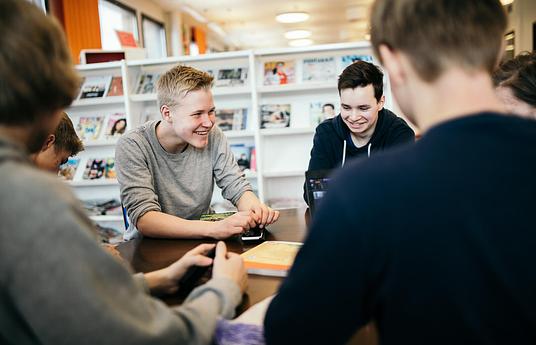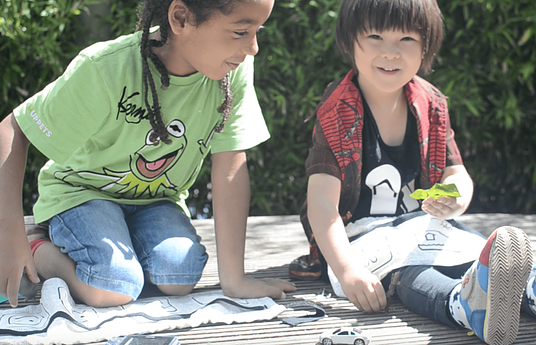Vulnerable children, including girls and those with disabilities, face multiple barriers to learning, and as a result are often excluded from education. We must prioritise the wellbeing, protection, and resilience of all children so they can overcome these challenges. Teachers need skills to support the wellbeing of learners, so all children have the confidence to access education and thrive.
Our approach takes the central principle that every teaching activity should build confidence, self-esteem and wellbeing so that learners can overcome educational challenges, especially girls and children with disabilities.
Our approach includes:
1. Dedicated Girls’ Clubs led by a female teacher covering topics such as self-awareness, understanding and managing feelings, coping with disappointment, friendship and relationships, empathy and respecting differences, motivation and goals, needs versus wants, and basic budgeting and savings. The learning style is active and fun.
2. Embedding SEL into all Teacher and Leadership Professional Training opportunities so that it is core to the school’s ethos and benefits all (63000 F and 68000 M). Similarly we ensure safeguarding, gender-sensitivity, and disability-inclusive principles are considered in the same way.
Effectiveness of the approach is evidenced by a 23% increase in social and emotional skills amongst participating girls.
Over the last seven years, this approach has benefited over 63,000 girls in Wolaita Zone, Ethiopia. Recently, the Government has adopted our teacher and leader professional development model, which includes SEL, and scaled to 456 more schools, 12,182 teachers, and 460,070 learners in Ethiopia.
In Malawi the approach was adapted for a Sport for Change project supporting 384 vulnerable youth. In Uganda our SEL materials have been adapted with the Ministry of Education’s Gender Task Force, and 128 teachers and 392 girls and boys have joined SEL clubs.
Future plans are to continue to use SEL approaches and disseminate our learning, and further engage the governments we work with to ensure SEL is embedded across education systems.
Detailed information on Link's approach to this and other innovations, projects and programmes can be found on our website. We have developed an SEL Approach Paper which also details our methods.
We would welcome enquiries from potential collaborators and are actively seeking funding partners to invest in both the scaling-up of our work and the creation of new projects.



